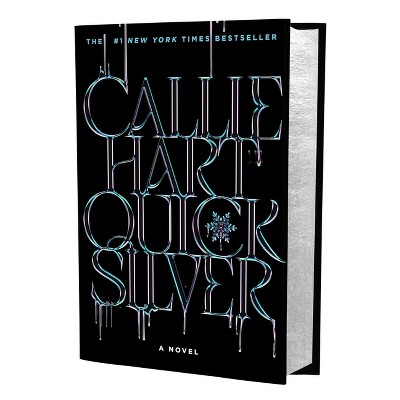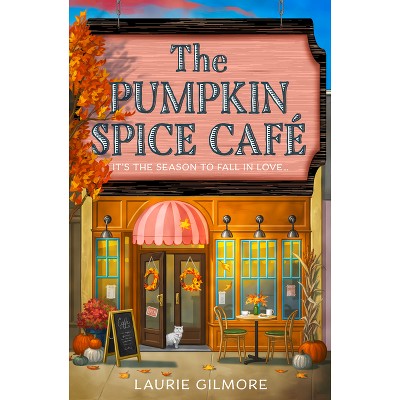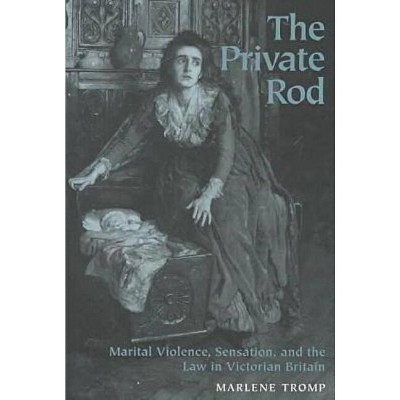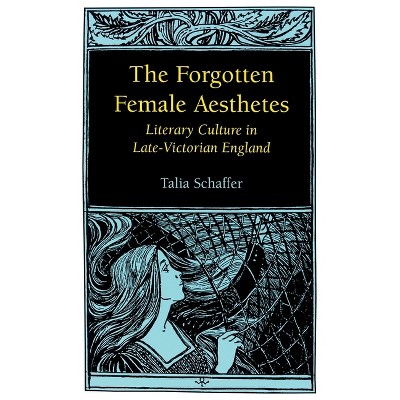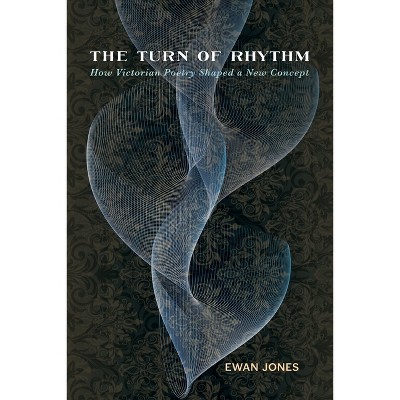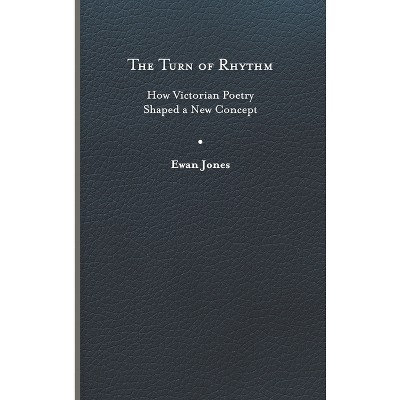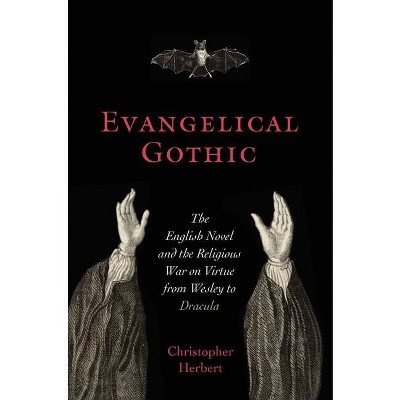Supposing Bleak House - (Victorian Literature & Culture (Hardcover)) by John O Jordan (Paperback)

About this item
Highlights
- Supposing "Bleak House" is an extended meditation on what many consider to be Dickens's and nineteenth-century England's greatest work of narrative fiction.
- About the Author: John O. Jordan is Professor of Literature at the University of California, Santa Cruz, Director of the Dickens Project, and the editor of The Cambridge Companion to Charles Dickens.
- 200 Pages
- Literary Criticism, European
- Series Name: Victorian Literature & Culture (Hardcover)
Description
About the Book
Supposing Bleak House claims Dickens as a powerful investigator of the unconscious mind and as a popular novelist deeply committed to social justice and a politics of inclusiveness.Victorian Literature and Culture Series
Book Synopsis
Supposing "Bleak House" is an extended meditation on what many consider to be Dickens's and nineteenth-century England's greatest work of narrative fiction. Focusing on the novel's retrospective narrator, whom he identifies as Esther Woodcourt in order to distinguish her from her younger, unmarried self, John Jordan offers provocative new readings of the novel's narrative structure, its illustrations, its multiple and indeterminate endings, the role of its famous detective, Inspector Bucket, its many ghosts, and its relation to key events in Dickens's life during the years 1850 to 1853.
Jordan draws on insights from narratology and psychoanalysis in order to explore multiple dimensions of Esther's complex subjectivity and fractured narrative voice. His conclusion considers Bleak House as a national allegory, situating it in the context of the troubled decade of the 1840s and in relation to Dickens's seldom-studied A Child's History of England (written during the same years as his great novel) and to Jacques Derrida's Specters of Marx.Supposing "Bleak House" claims Dickens as a powerful investigator of the unconscious mind and as a "popular" novelist deeply committed to social justice and a politics of inclusiveness.
Victorian Literature and Culture Series
Review Quotes
Despite or because of his critical suppositions, Jordan makes some fine interventions into criticism of Bleak House . For all these wonderful suppositions this reader is grateful.
Supposing Bleak House resists synthesizing its insight into a unified argument, instead allowing claims to resonate and multiply across psychoanalytic, narratological, and biographical perspectives.
Supposing Bleak House is a rewarding study by one of Dickens's most perceptive and respected scholars.
--Adam Grener, John Hopkins UniversityJohn Jordan's empathic study presents Esther Summerson as a psychoanalytic subject whose ontological pain emerges from the most poetic, uncanny passages in her retrospective narrative. Supposing "Bleak House" unfolds in effortless lucidity, gradually opening new critical and theoretical perspectives until Esther's story resonates delicately with Dickens's own, and with the novel's historical vision. Jordan's startlingly original readings of style and syntax remind us that Dickens's psychological intelligence is always deeper than we might have thought.
--Rosemarie Bodenheimer, Boston College, author of Knowing DickensJordan guides us through the haunted chambers of Bleak House, from the psyche and syntax of its narrators to the book's mythological underpinnings to Dickens's construction of himself and the serial. Jordan is the most readable of readers. He never cuts a work down to size, but rather leaves it a more magically rich habitation for us to enjoy. This is now the gold standard of criticism for Dickens.
--Robert L. Patten, Rice University, author of Charles Dickens and His PublishersAbout the Author
John O. Jordan is Professor of Literature at the University of California, Santa Cruz, Director of the Dickens Project, and the editor of The Cambridge Companion to Charles Dickens.




